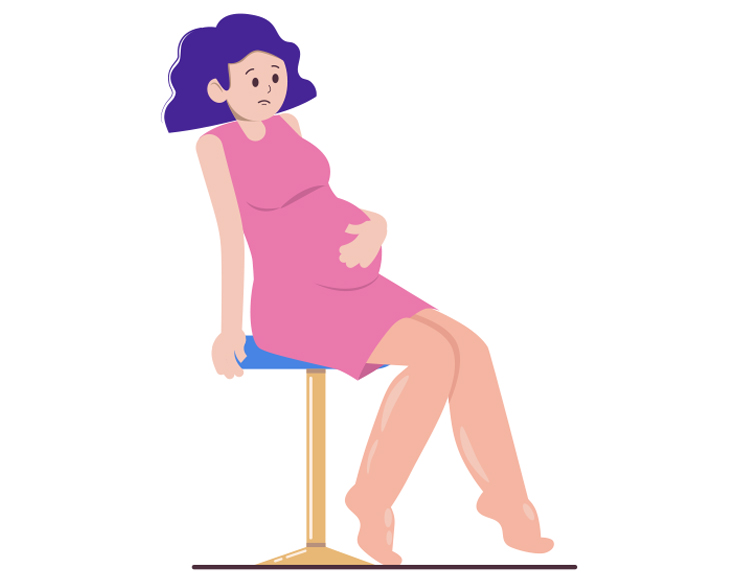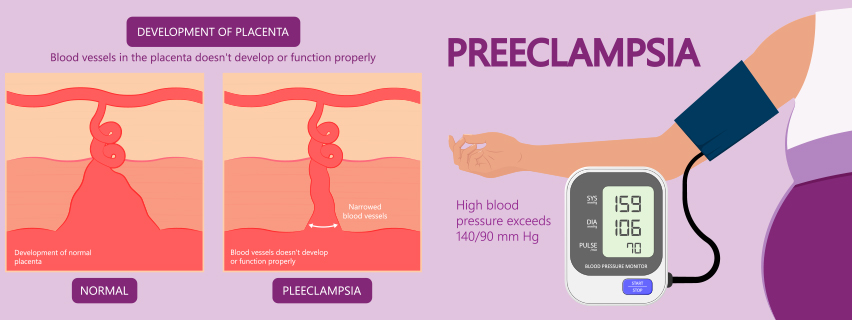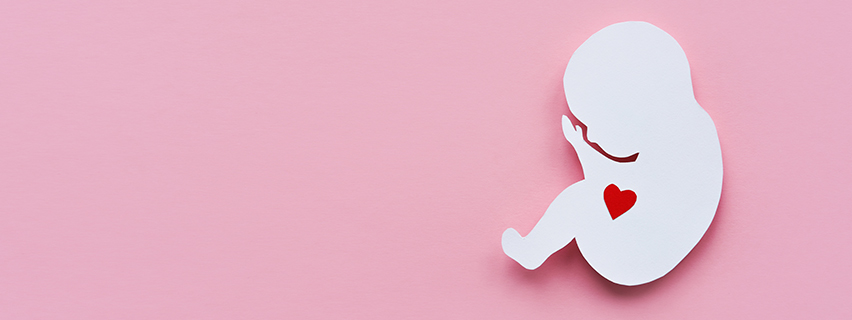What is preeclampsia in pregnancy and how does it affect pregnant women?
Preeclampsia is a serious complication of pregnancy characterized by high blood pressure and protein in the urine. It can occur after 20 weeks of pregnancy and can affect both the mother and the baby. If left untreated, it can lead to serious complications such as stroke, organ damage, and even death.
Symptoms of preeclampsia may include high blood pressure, swelling in the face, hands, and feet, and protein in the urine. Other symptoms may include headaches, vision changes, and abdominal pain. The exact causes of preeclampsia are not well understood, but several risk factors have been identified. These include a history of hypertension, diabetes, and kidney disease. Preeclampsia is also more common in first-time pregnancies, and in women who are carrying multiple babies.
Diagnosis of preeclampsia is typically made through routine prenatal care, including blood pressure and urine tests. Treatment options include bed rest, medications to lower blood pressure and prevent seizures, and in severe cases, delivery of the baby. It’s important for women to receive early and regular prenatal care to ensure that the condition is identified and treated promptly to prevent serious complications. Preeclampsia can be dangerous, so it’s important to be aware of the symptoms and seek medical attention if they occur.
Prevention of Preeclampsia
Preeclampsia can be a difficult condition to prevent, as the exact causes are not yet known. However, there are certain risk factors that have been identified that may increase a woman’s risk of developing the condition. These include:
- Being pregnant for the first time
- Having a history of hypertension or kidney disease
- Being overweight or obese before pregnancy
- Having a family history of preeclampsia
- Being older than 35 years of age

To reduce the risk of preeclampsia, it is important for pregnant women to maintain a healthy lifestyle, including eating a balanced diet, getting regular exercise, and maintaining a healthy weight. Additionally, regular prenatal care and monitoring of blood pressure and protein levels are essential to detect and manage the condition early on.
Complications of Preeclampsia
If left untreated, preeclampsia can lead to serious complications for both the mother and the baby. These include:
- Placental abruption, where the placenta detaches from the uterus
- Premature delivery
- Low birth weight
- Stillbirth
- Stroke or seizures in the mother
In severe cases, preeclampsia can lead to organ damage or even death. It is important to seek medical attention if you suspect you have preeclampsia, as early treatment can prevent these serious complications.
Which week of Pregnancy does Preeclampsia Start?
Preeclampsia typically starts after 20 weeks of pregnancy but can occur earlier in some cases. It is important to seek medical attention if you experience any signs and symptoms of the condition, even if you are not yet in your third trimester.
Apart from these, it is important for us to know some more frequently asked questions regarding preeclampsia.
What Happens when you have Preeclampsia?
If you have preeclampsia, you will experience high blood pressure and protein in the urine. This can lead to serious complications for both the mother and the baby if left untreated.
What are the 3 early signs of preeclampsia?
The three early signs of preeclampsia are high blood pressure, protein in the urine, and swelling in the face, hands, and feet.
Can preeclampsia lead to other problems?
If left untreated, preeclampsia can lead to serious complications such as placental abruption, premature delivery, low birth weight, stillbirth, and stroke or seizures in the mother. It can also lead to organ damage or death.
In conclusion, preeclampsia is a serious complication of pregnancy that can occur after 20 weeks of pregnancy. Characterized by high blood pressure and protein in the urine, it can affect both the mother and the baby. While the risk factors for preeclampsia include a history of hypertension, diabetes, and kidney disease, the first-time pregnancies and carrying multiple babies may also be amongst them. Hence, it becomes important for pregnant women to receive early and regular prenatal care to ensure that the condition is identified and treated promptly to prevent serious complications. While the exact causes of preeclampsia are not yet known, pregnant women can reduce their risk by maintaining a healthy lifestyle, including eating a balanced diet, getting regular exercise, and maintaining a healthy weight. If left untreated, preeclampsia can lead to serious complications such as placental abruption, premature delivery, low birth weight, stillbirth, and stroke or seizures in the mother. If you suspect you have preeclampsia, seek medical attention immediately to prevent serious complications.














































Leave a comment